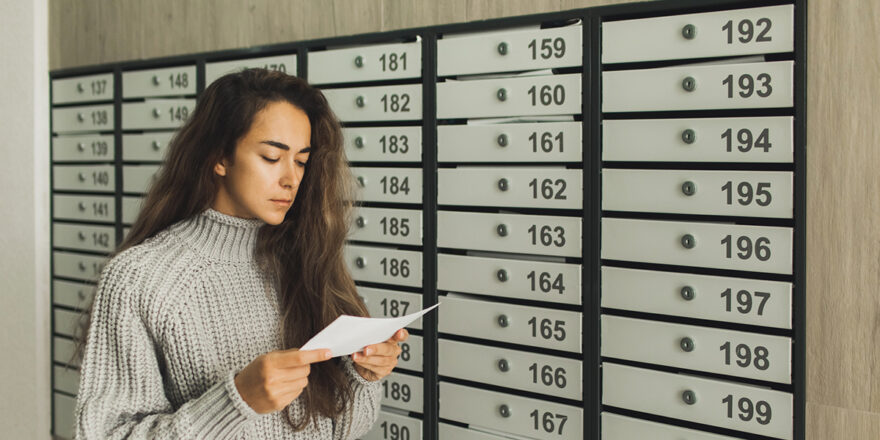
Key takeaways:
- Delinquent loans happen when a borrower misses loan payments and can result in higher interest rates, late fees, and lower credit scores.
- A loan becomes delinquent after 30 days of missed payments, and if it continues, it can eventually default and lead to wage garnishments, lawsuits, and severe damage to one’s credit score.
- It’s important to reach out to the lender as soon as possible and work with them to bring the loan current to avoid the consequences of loan delinquency.
Delinquent loans are any outstanding loan obligations for which the borrower is not up-to-date with their loan payments.
For example, a credit card balance is a form of a loan and is considered delinquent if the borrower hasn’t at least made their required minimum payment. With installment loans, like mortgages and personal loans, the loan is delinquent if the borrower has missed their latest monthly payment.
In practice, most lenders officially consider a loan to be delinquent once it becomes 30 days past due. At this point, they typically report the delinquent loan to the three major credit bureaus. In some cases, it could happen sooner, depending on the type of loan and the lender’s policies. Some types of loans have a grace period built in—for example, student loans typically don’t report delinquency to the credit bureaus until the missed payment is 90 days late.
What happens when you are delinquent on a loan?
It’s a good idea for borrowers to take steps to ensure their loans do not become delinquent. Here are some potential consequences of loan delinquency:
- Higher interest rate. Some loans, especially credit cards, have a “penalty APR.” This means that if you make a payment after your due date, your interest rate could be adjusted higher. This can be five percentage points or more above your normal interest rate.
- Late fees. Many lenders charge a fee for late payments. And they might be assessed as soon as the due date passes, not after the 30-day period before the loan is reported.
- Lower credit score. Usually a late payment is reported to the credit bureaus after 30 days. It can stay on your credit report for up to seven years, and can severely impact your credit score. In fact, a single late payment reported to the credit bureaus can cause a high-credit borrower’s score to drop by as much as 180 points.
Delinquent vs. default: What is the difference?
The main difference between delinquency and default is the amount of time that has passed since the loan was current on its payments.
Think of a default as the result of an extended period of delinquency. Even if a borrower is behind on their loan payments, the lender still wants its money. So, it will typically attempt to work with the borrower to bring the loan current.
A default essentially means the lender has given up on collecting the funds directly from the borrower. Once a loan is in default, it is usually sent (or sold) to a collection agency, which then assumes responsibility for collecting the money.
To be clear, lenders don’t want their loans to reach the default stage. Selling a loan to a collection agency usually results in a substantial loss. So, lenders tend to be willing to work with borrowers who are delinquent but are making efforts to avoid default. It’s also advantageous for borrowers to work with their creditors to avoid default. Loans in default can lead to things like wage garnishments and lawsuits and can be devastating to your credit score. If you default on a secured loan, such as a mortgage or auto loan, you can face foreclosure or repossession.
The time it takes for a delinquent loan to default depends on the lender and the type of loan, but the typical time for a credit card is 180 days, or six months, after the last payment was made, and with an auto loan, the default period is usually 90 days. With student loans, it typically takes 270 days before a delinquent federal student loan ends up in default.
How delinquent loans impact your credit score
A delinquent loan can do severe damage to your credit score. Even a single late payment that is just 30 days past due can dramatically lower your score.
The specifics of the popular credit scoring formulas (like FICO and Vantage) are closely guarded secrets, but we do know the basic framework. With the FICO formula, for example, payment history is the single most important category of information.
The longer your delinquency, the worse the impact will be. In other words, a loan that is 60 days delinquent will have a greater impact than a 30-day delinquent loan. It’s also worth noting that impacts are generally greater on borrowers with high credit scores versus those who already have a few negative items on their credit report.
The bottom line is that there is no way to know exactly what kind of impact a delinquent loan would have on your credit score, but it won’t have a positive effect. The best course of action if you are unable to make your loan payments is to reach out to the lender as soon as possible to see what can be done.






 Won't affect your credit score¹
Won't affect your credit score¹